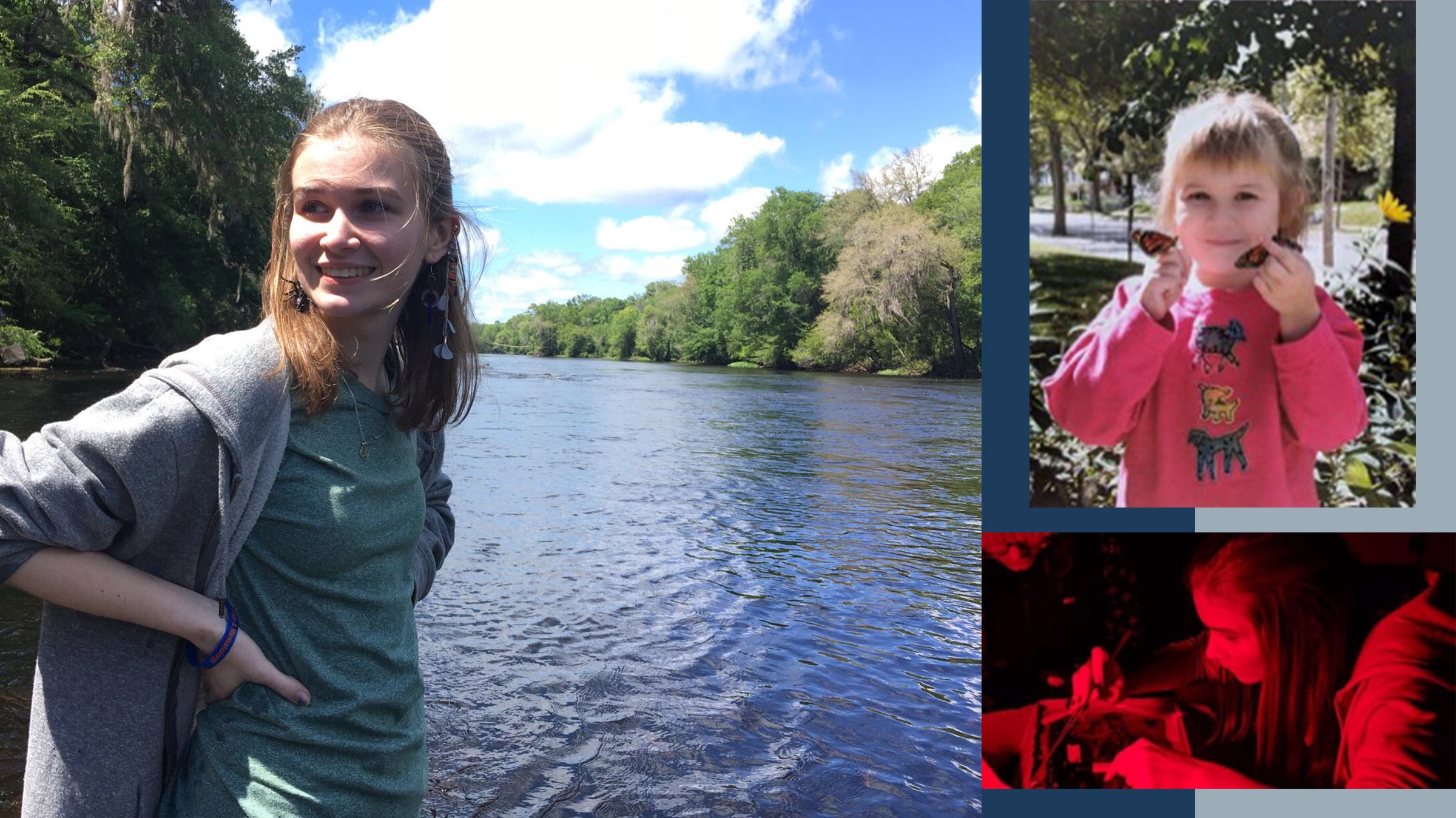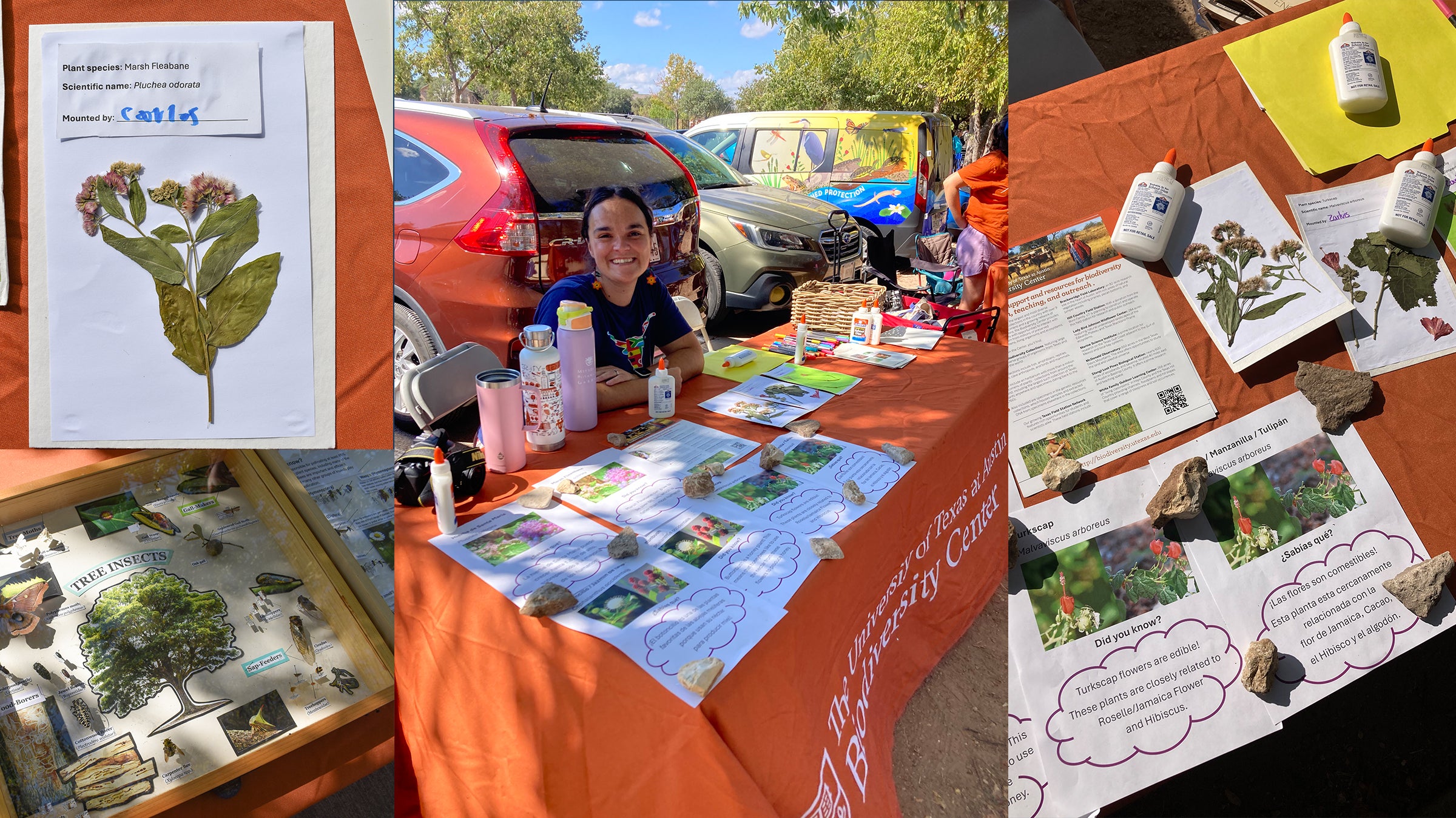
Tell us where you came from before UT, and what you studied then?
I got my BS in zoology at the University of Oklahoma and an MS in wildlife ecology from the University of Wisconsin-Madison. I grew up in a military family, so we moved between air force bases every couple years and I just ended up going to OU for in-state tuition. I didn't know what I wanted to study or what kinds of career options were available. But I fortunately found myself studying urban mammal diversity for my undergraduate thesis and then pursuing an REU to study how climate change might impact freshwater shrimp fecundity. These research experiences were exciting and transformative, and I decided to continue for an MS studying red fox phylogeography. After graduating with my MS, I worked as a field technician in Isle Royale National Park and then as a genetics technician studying chytrid and endangered salamanders in the Appalachians before pursuing a PhD. Switching from terrestrial systems to marine for my PhD may seem like a hard pivot, but I feel lucky to work in coral reefs because they are the most beautifully-diverse yet the most tragically-failing ecosystem on earth.
What got you interested in studying genetic adaptation for coral restoration in the U.S. Virgin Islands?

Diving on a healthy reef at Orpheus Island Research Station in Australia, 2019 (photo: Misha Matz).

Driving the Matz lab field team to a dive site in Australia in a dinghy, 2019 (photo cred: Carly Scott).



